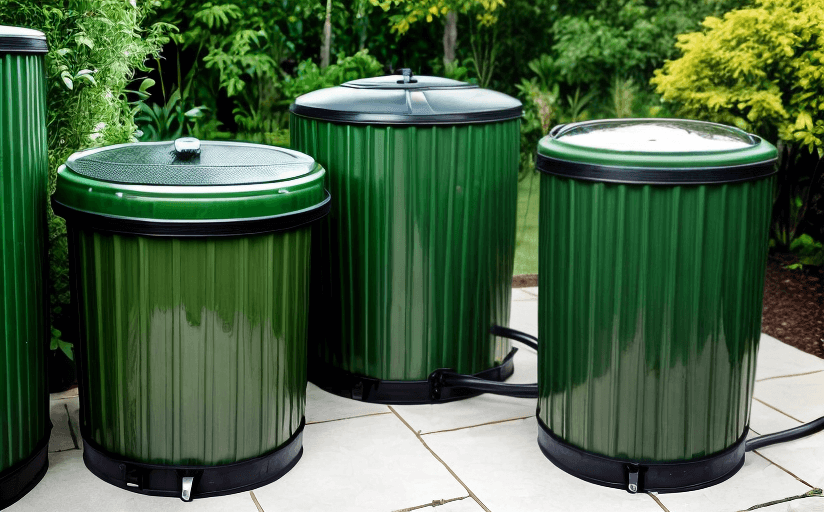A Comprehensive Guide to Creating an Eco-Friendly Home Garden
In recent years, the concept of cultivating a sustainable and eco-friendly home garden has gained immense popularity. Not only does it contribute to the health of our planet, but it also offers numerous personal benefits such as fresh produce, stress relief, and physical activity. If you're contemplating this transition, this comprehensive guide is for you.
The Importance of Organic Gardening
Organic gardening involves gardening without using synthetic fertilizers and pesticides. Instead, it promotes soil health, conserves biodiversity, and integrates pest management. It is not only essential for the environment but also beneficial for the gardener's health.
Using Native Plants
Native plants are well adapted to the local climate and soil conditions where they naturally occur. These plants benefit the local ecosystem in countless ways, including providing food and habitat for birds, insects, and other animals. Therefore, incorporating native plants in your home garden promotes bio-diversity and sustainability.
Conserving Water
Water conservation is another critical aspect of eco-friendly gardening. Techniques such as drip irrigation, mulching, rainwater harvesting, and choosing plants that require less water can help in utilizing water resources efficiently and sustainably.
Composting
Composting is a powerful eco-friendly gardening practice that can reduce waste sent to the landfill while providing your plants with rich, organic matter. It recycles plant and kitchen waste into nutrient-rich soil that helps plants grow.
Natural Pest Control Methods
Natural pest control involves managing garden pests through environmentally friendly methods. Techniques include using companion planting, attracting beneficial insects and birds, and using natural pest repellents. This ensures your garden remains eco-friendly and toxin-free.
Maximizing Space Efficiency
A well-organized garden makes efficient use of space, reducing the need for additional resources. Techniques such as vertical gardening, intercropping, and container gardening can help maximize space efficiency in your garden.
Cultivating Eco-awareness, and Sustainability
Creating an eco-friendly garden not only offers practical benefits but also fosters a sense of environmental responsibility. It cultivates a deeper understanding and respect for the natural world, fostering a more sustainable way of living and encouraging others to follow the same path.




















Comments
Leave a Comment